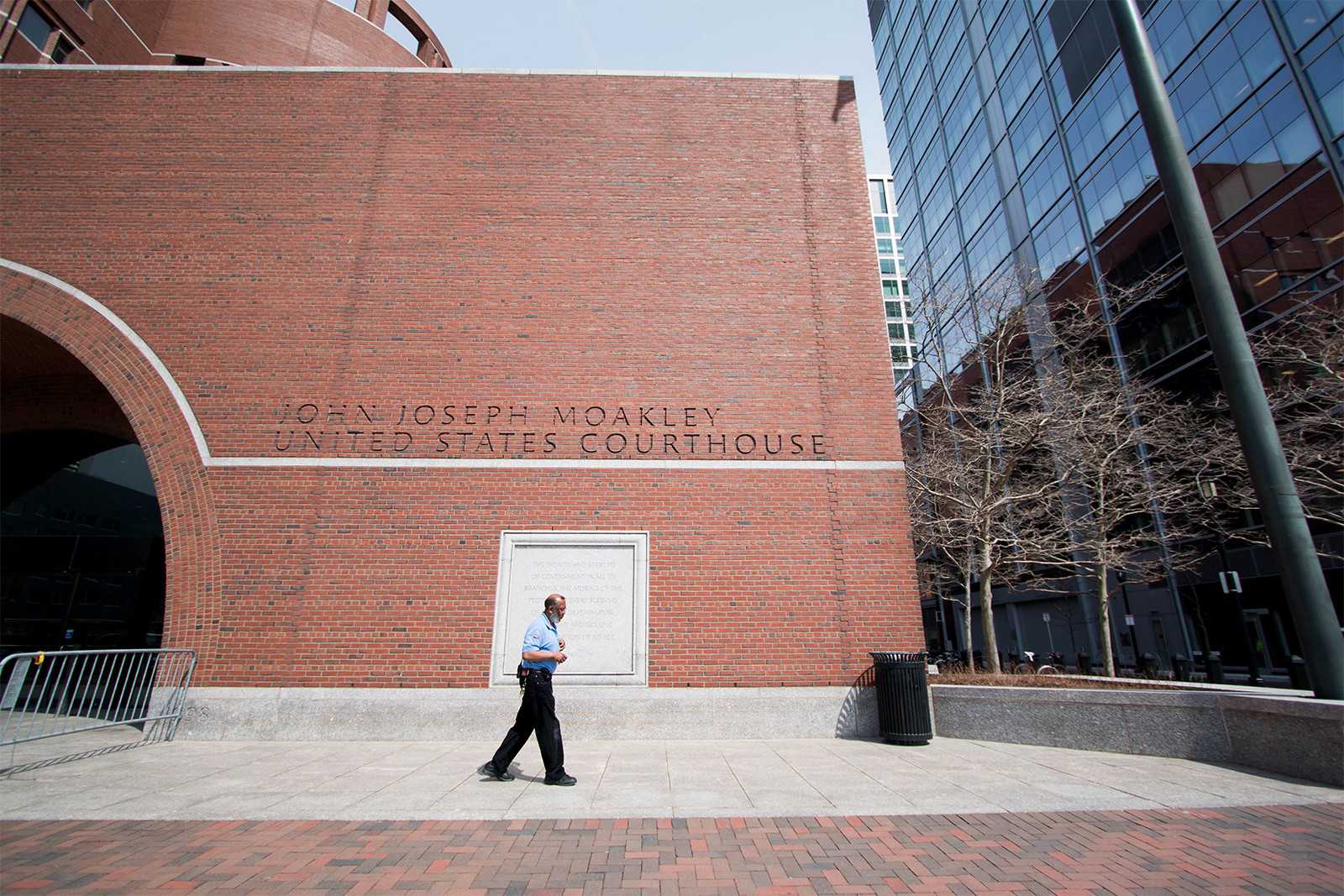A U.S. District Court judge criticized the state of Massachusetts for its failure to provide timely mental health care to low-income children. The judge cited unreasonable wait times and substandard quality of care for children suffering from serious emotional disturbances.
The judge, Michael Ponsor, wrote in a court order filed Feb. 7 that Massachusetts has continually endangered Medicaid-eligible mentally ill children. The state has done this by failing to meet federal standards for screening, treating and diagnosing mental health conditions.
In the order, Ponsor highlighted the state’s increasing inability to guarantee an “intensive care coordination” appointment within 14 days of a request for treatment.
“The undisputed facts of record confirm that for a very substantial portion of the Plaintiff children,” Ponsor wrote, “[Massachusetts] has for years failed, and continue to fail, to satisfy this straightforward requirement.”
Ponsor ruled in 2006 that Massachusetts violated federal Medicaid guidelines for the treatment of children with serious mental illnesses. He appointed a court monitor to supervise the state and ensure that the proper standards were followed.
The ruling was a result of a class action lawsuit filed in 2001 against the Commonwealth, known as Rosie D., that sought to bring home-based mental health services for severely mentally ill children in the state.
In August 2018, state officials claimed that they had sufficiently followed the court’s instructions and requested that the supervision be removed. Ponsor responded last week with an order saying that the state had gotten worse at providing appointments within two weeks and had made no effort to remedy the problem.
“Recent reports ominously suggest that the fail rate for providing timely ICC services is increasing, not diminishing,” Ponsor wrote. “Moreover, and most frustratingly, Defendants in status conferences over the past eighteen months have offered no concrete plan to rectify this situation and have begun to profess themselves neither able nor obliged to take any specific steps to alleviate this glaring failure in compliance.”
Ponsor wrote that this failure often forced 30 to 60 percent of children with serious mental illnesses to wait longer than the 14-day period for their first appointment.
Considering the compliance failures, he wrote, the court should not remove its mandated oversight.
“Complete termination of monitoring and supervision at this time, however, would require the court to turn a blind eye to [the state’s] persistent, substantial violation of the remedial order,” Ponsor wrote.
Kathryn Rucker is an attorney for the Center for Public Representation, which is the lead counsel in the Rosie D. case. Rucker wrote that the center is pleased with the court’s decision to not terminate active oversight and monitoring.
“It’s significant that the Court found both a continuing violation of federal medicaid law and noncompliance with the Court’s 2007 Judgment,” Rucker wrote.
Rucker wrote that the state must demonstrate it has complied with the terms of the Rosie D. judgement and remedied any other violations.
Sharon Torgerson, a spokesperson for the Massachusetts Executive Office of Health and Human Services, wrote in an email statement that the office is reviewing the possibility of appealing Ponsor’s denial to release the state from court oversight.
“We remain deeply committed to delivering and continuously improving the access and availability of behavioral health services for MassHealth-eligible youth,” Torgerson wrote.
Torgerson wrote that the Commonwealth “strongly disagrees” with the court’s characterization and evaluation. She said MassHealth has a five-year plan to invest $7 million directly to providers of Intensive Care Coordination services to improve electronic health record keeping, staff training and mental health treatment strategies.
Phillip Kassel, executive director of the Mental Health Legal Advisors Committee, which consists of a group of lawyers appointed by the Massachusetts Supreme Judicial Court, said the committee applauds the court’s ruling and thinks MassHealth needs more improvements in the future.
“Improvements have been made, but they are not sufficient,” Kassel said. “There is no reason to doubt the court’s findings. Yes, there have been some improvements, but the efforts fall short.”
Joel Lau contributed to the reporting of this article.






















































































































